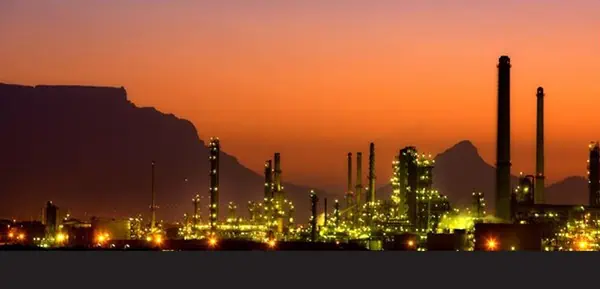By Sue Segar, Associate Editor at Cape Business News
SINCE Cape Town’s Caltex refinery has been out of operation for quite some time, will the province face a disaster should imported diesel supplies run out? That was the question posed to Western Cape Premier Alan Winde at a recent gathering of the Cape Town Press Club.
The issue is of particular concern since the Western Cape has become heavily reliant on Eskom’s diesel-driven power station at Ankerlig – and on diesel generators installed widely at hospitals and schools and by the private business sector.
In reply, the premier revealed that the provincial administration has a sophisticated risk analysis system and, he said “our disaster management team really are world class. I am super proud of them.”
The possibility of such a diesel crisis was not far-fetched. “A couple of months ago, we almost ran out, well, we actually ran out of diesel – we had ships on the ocean, storms on the ocean and delays in delivery and we were in deep, deep trouble. On the other side of the equation, as soon as you have prolonged level six load shedding, we just burn through diesel like you cannot believe in this province – both in the private sector, in the government sector and, most prominently, in the Eskom sector. The trucks taking diesel to the Ankerlig plant are running permanent relays, 24/7, because they don’t have enough storage capacity and they burn diesel not like the peak-load only plant they were supposed to be, but as a base-load plant. And it was very close.
“I am very happy to say that production of diesel at the local Caltex refinery has now started again – but the issue is complex. Investment into major new refineries employing new technology across the world changed everything. The big refineries are producing diesel or other energy products far more efficiently and are just shipping them around the world. As a result, the old refineries were no longer a viable proposition and most have closed down. But to achieve a demand-supply equilibrium, I am happy that we are producing diesel again. Thanks to the risk analysis team, I have a dashboard that can tell me how much diesel is in each hospital and in each school, and the private sector are doing exactly the same thing. They are building these platforms that they know exactly how much because of that crisis that we had.
“It’s also about the energy mix – diesel makes up a certain percentage, as does gas – at the moment, just LPG (liquid petroleum gas). I wish we had a component of liquid natural gas.
“We, in the province, are doing our own provincial Integrated Resource Plan, looking at our current energy use, what energy usages are there, what does the future look like, and what energy sources will we be using then. The pathway to green hydrogen, green steel … there are so many things that we – and business – need to get right and to plan for, such as should they invest in another refinery or should we expand that current refinery,” the premier said.
